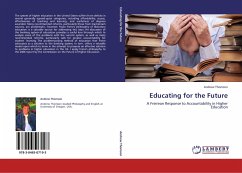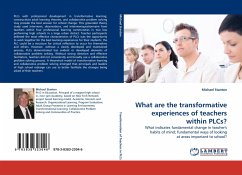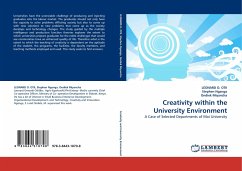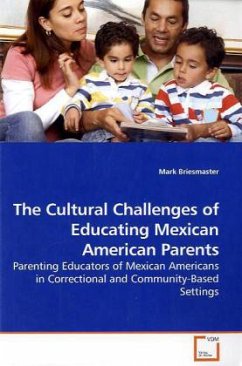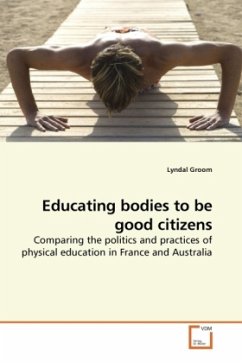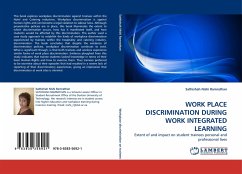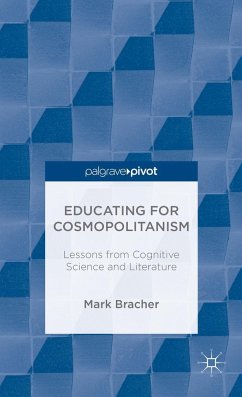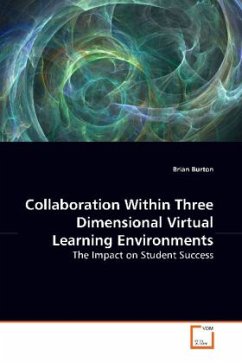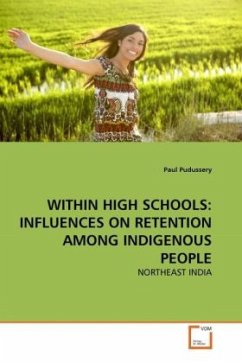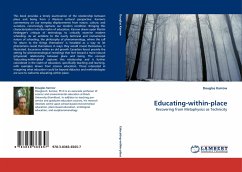
Educating-within-place
Recovering from Metaphysics as Technicity
Versandkostenfrei!
Versandfertig in 6-10 Tagen
52,99 €
inkl. MwSt.

PAYBACK Punkte
26 °P sammeln!
This book provides a timely examination of the relationship between place and being from a Western cultural perspective. Karrow's commentary on our everyday displacements from nature, culture, and ourselves, convincingly captures our modern condition. Bringing this characterization into the realm of education, Karrow draws upon Martin Heidegger's critique of technology to critically examine modern schooling. As an antidote to the overly technical and instrumental nature of schooling, the philosophy of phenomenology, where the call "to return to the things themselves" is heralded as a way to le...
This book provides a timely examination of the relationship between place and being from a Western cultural perspective. Karrow's commentary on our everyday displacements from nature, culture, and ourselves, convincingly captures our modern condition. Bringing this characterization into the realm of education, Karrow draws upon Martin Heidegger's critique of technology to critically examine modern schooling. As an antidote to the overly technical and instrumental nature of schooling, the philosophy of phenomenology, where the call "to return to the things themselves" is heralded as a way to let phenomena reveal themselves in ways they would reveal themselves, is illustrated. Excursions within an old growth Canadian forest provide the setting for phenomenological revealings that hint toward a more natural (physisical) relationship between place and being. The concept "educating-within-place" captures this relationship and is further considered in the realm of education, specifically teaching and learning, with examples drawn from science education. Those interested in imagining what education could be beyond didactics and methodologies are sure to welcome educating-within-place.



